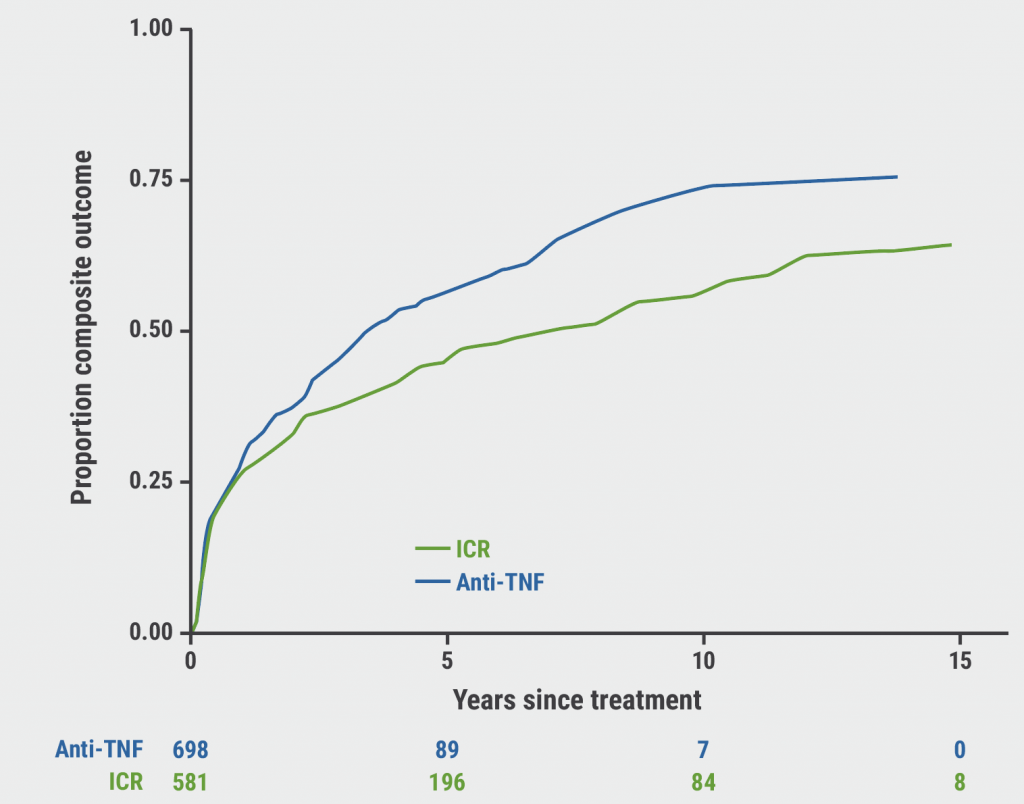https://doi.org/10.55788/4f3f4ae0
The human body houses around 40 trillion bacteria, viruses, and fungi, creating a microbiome that corresponds roughly to the number of human cells at a 1:1 ratio. Dr Carolina Dantas Machado (UC San Diego, CA, USA) presented the latest findings about how the gut microbiome constantly changes during the day and with seasons [1].
Utilising data from the global American Gut Project, she and her team analysed 18,219 adult stool samples. They reported diurnal signals at various taxonomic levels, with distinct 24-hour cycles in about 60% of the phyla. These findings suggest that human diurnal rhythms might not be apparent in studies with small sample sizes and few controlled confounding variables, though they may still influence study results.
One notable example was the Actinobacteriota phylum, which was identified at lower levels in stool samples collected in the morning compared with those taken during the day. The researchers hypothesised that this could be linked to light exposure.
Seasonal changes were more pronounced with the Proteobacteria phylum, which showed lower levels in winter and a rise during the spring, peaking in summer. Moreover, seasonal fluctuations could be influenced by location, climate, pollen, humidity, and other environmental factors.
These findings offer a potential explanation for the increased susceptibility of humans to common colds and flu during specific seasons, as the microbiome is known to influence the immune response. “The fluctuating microbiome also plays a role in the way drugs are metabolised, which could alter the results of clinical studies if not considered,” emphasised Dr Dantas Machado.
- Dantas Machado AC, et al. The human gut microbiome displays diurnal and seasonal rhythmic patterns. Lecture 395, DDW 2023, 6–9 May, Chicago, IL, USA.
Copyright ©2023 Medicom Medical Publishers
Posted on
Previous Article
« Colorectal cancer: Aspirin and NSAIDs could reduce the risk of early-onset adenomas Next Article
IBS management: the complex role of dietary fibres »
« Colorectal cancer: Aspirin and NSAIDs could reduce the risk of early-onset adenomas Next Article
IBS management: the complex role of dietary fibres »
Table of Contents: DDW 2023
Featured articles
EVOLVE Expansion study: vedolizumab and ustekinumab as first-line biologic treatments for Crohn’s disease
PIPAC technique shows promise for unresectable colorectal peritoneal metastases
Upper GI Disorders: Hot Topics
Dupilumab improves eosinophilic oesophagitis outcomes, regardless of history of oesophageal dilation
Inflammatory Bowel Disease: Novel Developments
EVOLVE Expansion study: vedolizumab and ustekinumab as first-line biologic treatments for Crohn’s disease
Environmental and dietary factors can amplify paediatric IBD risk
Ulcerative colitis: bowel urgency remission associated with improvement in fatigue
Crohn’s disease: Upadacitinib improves endoscopic outcomes in participants with or without previous biologic failure
Microbiota in GI Diseases
Durability of SER-109 clinical response in patients with recurrent Clostridioides difficile infection
IBS management: the complex role of dietary fibres
Daily and seasonal fluctuations in the gut microbiome
Spotlight on Colorectal Cancer
Colorectal cancer: Aspirin and NSAIDs could reduce the risk of early-onset adenomas
PIPAC technique shows promise for unresectable colorectal peritoneal metastases
What is New in Hepatology?
Terlipressin shows promise for participants with hepatorenal syndrome and concomitant alcoholic hepatitis
Related Articles

February 13, 2024
NETTER-2: Practice-changing results for 177Lu-DOTATATE in GEP-NETs
April 14, 2020
Increased incidence of colorectal cancer and death in CD
© 2024 Medicom Medical Publishers. All rights reserved. Terms and Conditions | Privacy Policy

